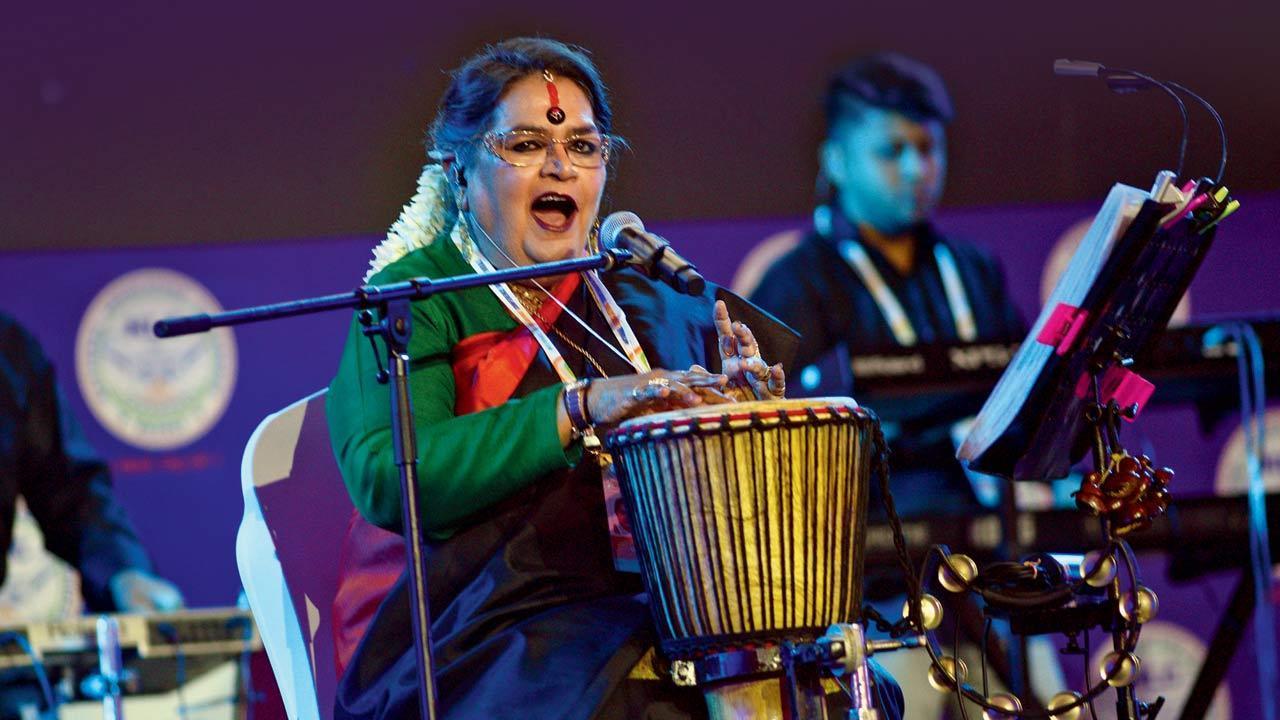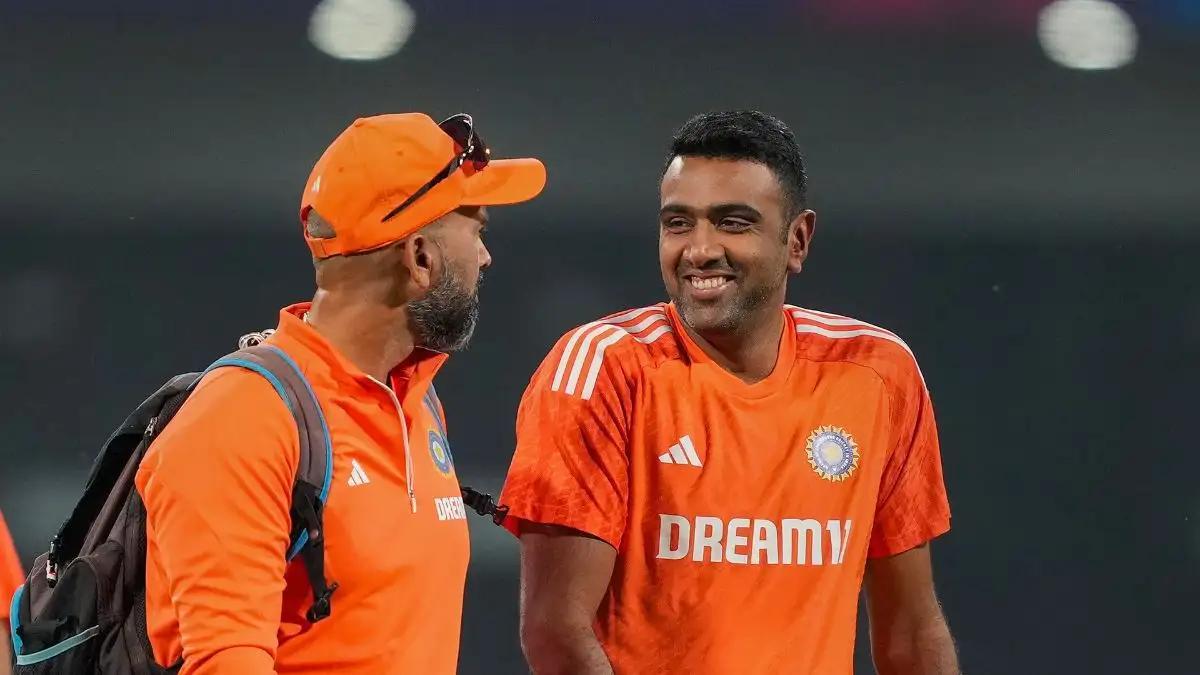
In a memorable showdown on the cricketing landscapes of Abu Dhabi, Ireland has recorded a remarkable triumph by defeating South Africa for only the second time in One Day Internationals (ODIs). The 69-run victory in the series finale marked a historic occasion for Ireland as they managed to overpower a South African side that has historically dominated the encounters between the two teams, winning eight out of the 11 previous meetings, with one match abandoned due to rain.
The narrative of the match can be dissected by examining the critical first 20 overs of each inning. Ireland set the tone early in their innings, showcasing a disciplined and tactical approach that laid the foundation for their victory. Openers Paul Stirling and Andy Balbirnie established a solid platform by putting together a 100-run partnership, illustrating resilience and strategic shot selection. Paul Stirling, the Irish captain, played an instrumental role as he stood firm against the South African bowlers who struggled to make an early breakthrough. Stirling’s aggressive play complemented Balbirnie’s cautious approach, balancing the attack well enough to keep the scoreboard ticking over.
Although Balbirnie fell short of reaching his half-century, his deployment was by no means in vain as Curtis Campher capitalized on a promotion up the order. Taking on the role of a pinch hitter, Campher contributed significantly to maintaining the momentum built by the openers. By the time Ireland reached a score of 150 in approximately 31 overs, Stirling had already secured an impressive half-century. Meanwhile, Harry Tector entered at number four and managed to build upon the foundation laid, dealing a further blow to South African hopes.
Though Paul Stirling was eventually dismissed short of his century after Ottniel Baartman struck with two quick wickets, the Irish offensive was not deterred. Despite a brief collapse, Harry Tector’s rapid scoring recovered what could have been a precarious situation, pushing Ireland to a defendable total of 284.
. Without their key players, South Africa faced an arduous task ahead.
In response, South Africa’s innings was off to a nightmarish start as the Irish pace trio of Graham Hume, Mark Adair, and Craig Young once again demonstrated their prowess by reducing the Proteas to a precarious three wickets down for just 10 runs. This formidable bowling assault underlined a significant contrast with their South African counterparts, whose attack lacked the same early impact. The pressure mounted on South Africa, and the team found themselves perpetually chasing the game following this devastating start.
Despite the early onslaught, a few South African players did their utmost to steer the innings back on track. Kyle Verreynne and Andile Phelykwayo showed brief flashes of resistance, but it was Jason Smith who stood out with a display of determination and skill. Earning only his second cap in the ODI format, Smith embarked on a valiant endeavor to keep South Africa’s aspirations alive. Through calculated measures and composed batting, he provided a glimmer of hope by anchoring the innings towards the later stages of the game. However, when it came to closing out the game, the challenge proved insurmountable for the 29-year-old Smith as he was left waging a lonesome battle amidst a collapsing order. Sadly, Smith’s gallant innings of 91 went in vain as Ireland emerged victorious by a substantial margin.
This result comes in the wake of a hard-fought T20I series, from which Ireland managed to draw positives despite a loss, and now the ODI series concludes with the Proteas clinching a 2-1 victory margin. For Ireland, this triumph against South Africa is not only a significant addition to their cricketing accolades but also a testament to their growing stature and potential to challenge cricketing heavyweights on the international stage.










